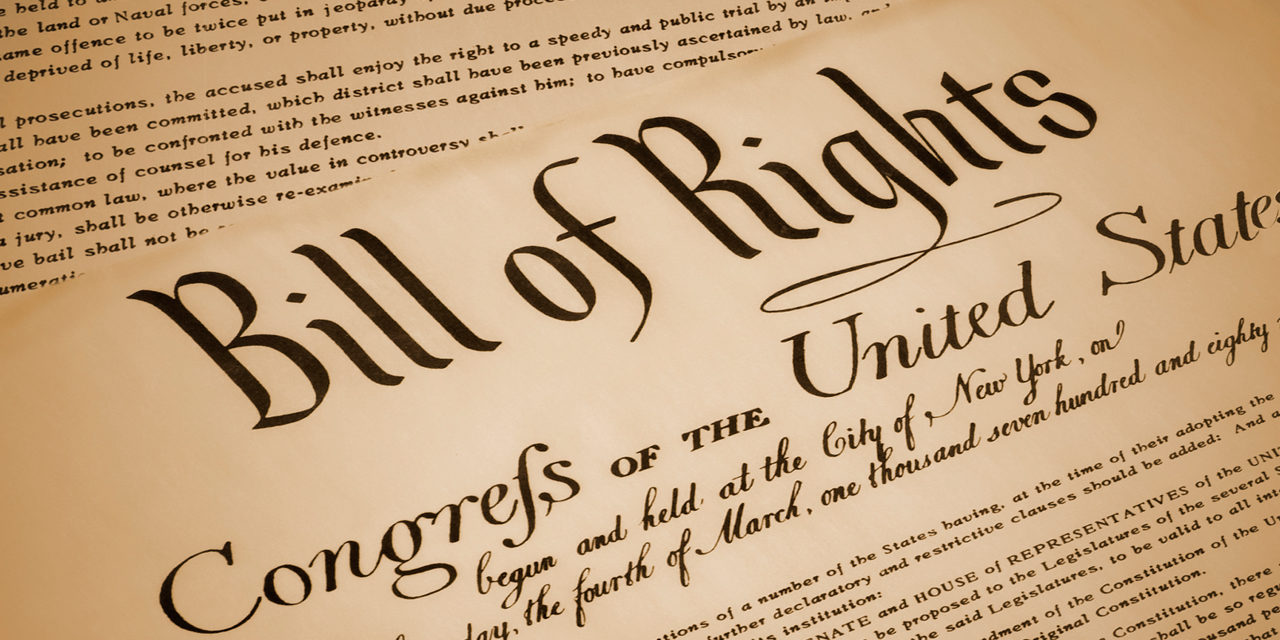The U.S. Department of Justice (DOJ) on Friday announced it had filed a Statement of Interest in an Illinois lawsuit filed by a state lawmaker that charges Democrat Governor J.B. Pritzker with exceeding his authority under state law by ordering and enforcing stay at home bans for longer than thirty days.
The original lawsuit, filed in state court by Rep. Darren Bailey, a southern Illinois Republican, resulted in an early court victory in which the court blocked the governor’s order – but only as it applied to Bailey. As the lawsuit progressed, however, Pritzker’s lawyers attempted to move the case from the state courts to the federal courts, which gave the DOJ the opportunity to weigh in.
The DOJ statement of interest charges that Pritzker sought “to impose sweeping limitations on nearly all aspects of life for citizens of Illinois, significantly impairing in some instances their ability to maintain their economic livelihoods.”
This isn’t the first time that the DOJ has stepped in to defend constitutional rights in cases of state or local government overreach related to the COVID-19 pandemic.
In April, the DOJ filed a similar statement of interest in a Greenville, Mississippi case involving a church that was prohibited by local ordinance from holding drive-in worship services, while secular businesses involving drive-ins or parking lots were allowed to conduct business. In that case, the city fined churchgoers who attended the parking lot service. However, the city changed its mind almost immediately after the DOJ intervened.
The DOJ has also gotten involved in a Virginia case where a church has been targeted for unequal treatment by the state. In that case, a state order banning gatherings of 10 or more people was enforced against a church where more than 10 but less than 20 people attended a worship service inside the church building. The state is acting inconsistently, however, by allowing numerous secular businesses to hold gatherings of more than 10 people, prompting the DOJ’s interest. That case is ongoing.
The DOJ earlier this week sent a letter to California’s governor Gavin Newsom warning him that the state’s re-opening plan appeared to discriminate against churches, which will not be allowed to open in the same phase of the state’s plan as similarly situated secular businesses.
In addition to the action it took on Friday in the Illinois lawsuit, the DOJ also sent a letter to the City and County of Los Angeles, California, warning the mayor that an extended lockdown there, which city officials have been hinting at imposing, could be “arbitrary and unlawful.”
Finally, the Trump Administration came to the aid of churches across the nation on Friday by declaring worship services to be “essential” to the re-opening of the nation, warning states to allow churches to re-open now.






